Category: Photo
-
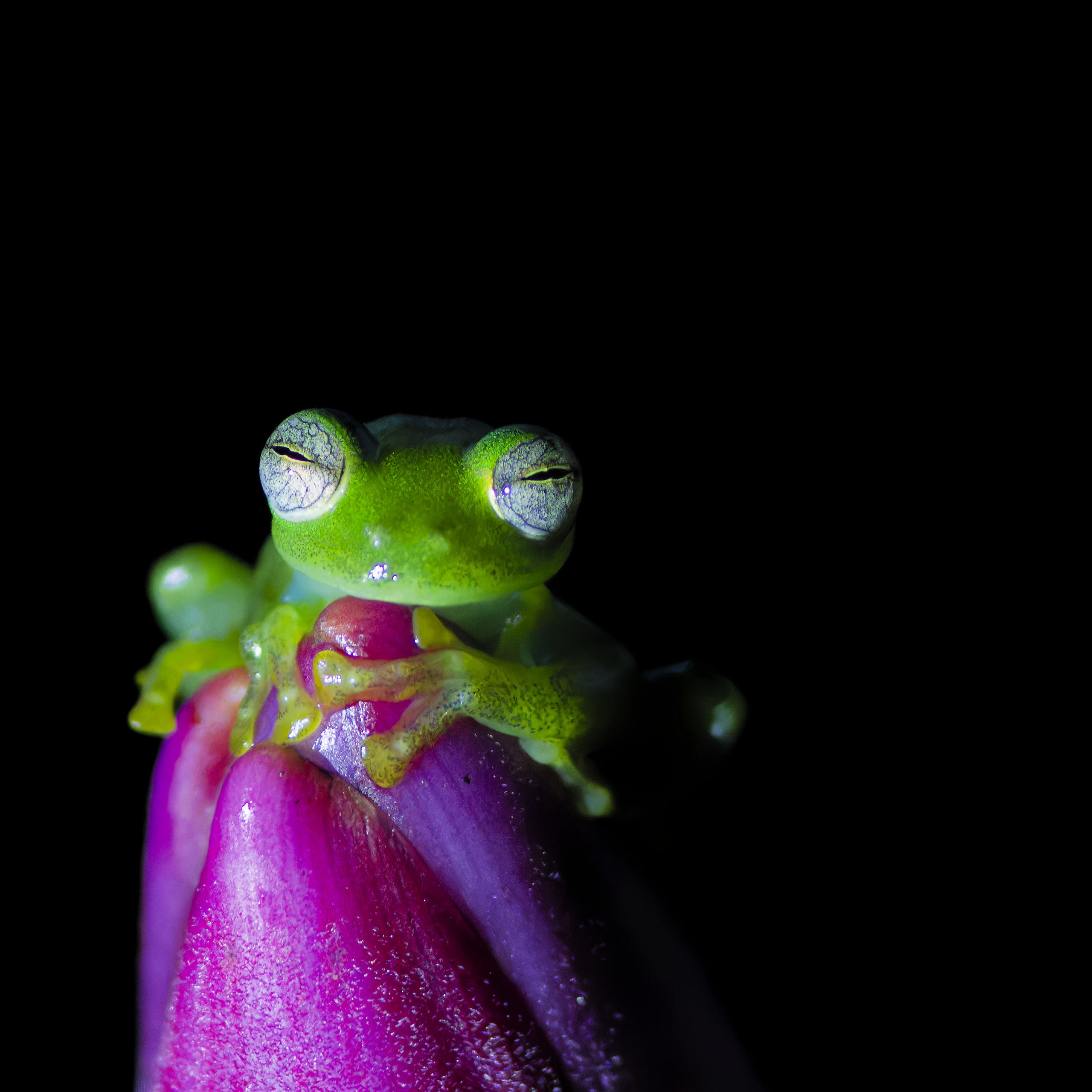
Amazonian frogs
Ecuador, February 2024.
-
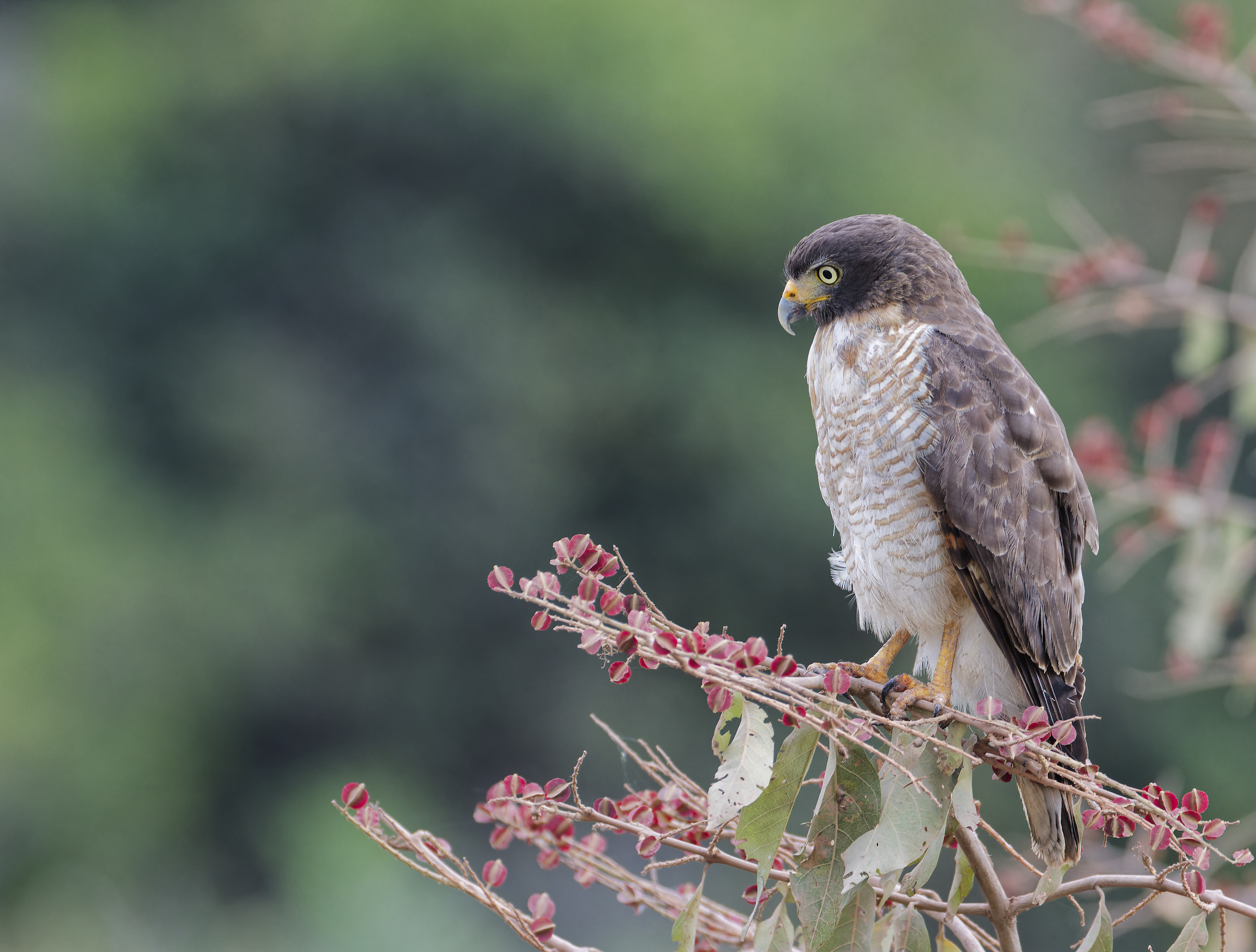
Brazil 2023 – Birds of prey
A few weeks in Brazil brought back images of a symbolic and often admirable family of birds: birds of prey. We found all kinds of talons and beaks, sometimes rare, often spectacular, always attractive to the observer and photographer. Brazil, August 2023.
-
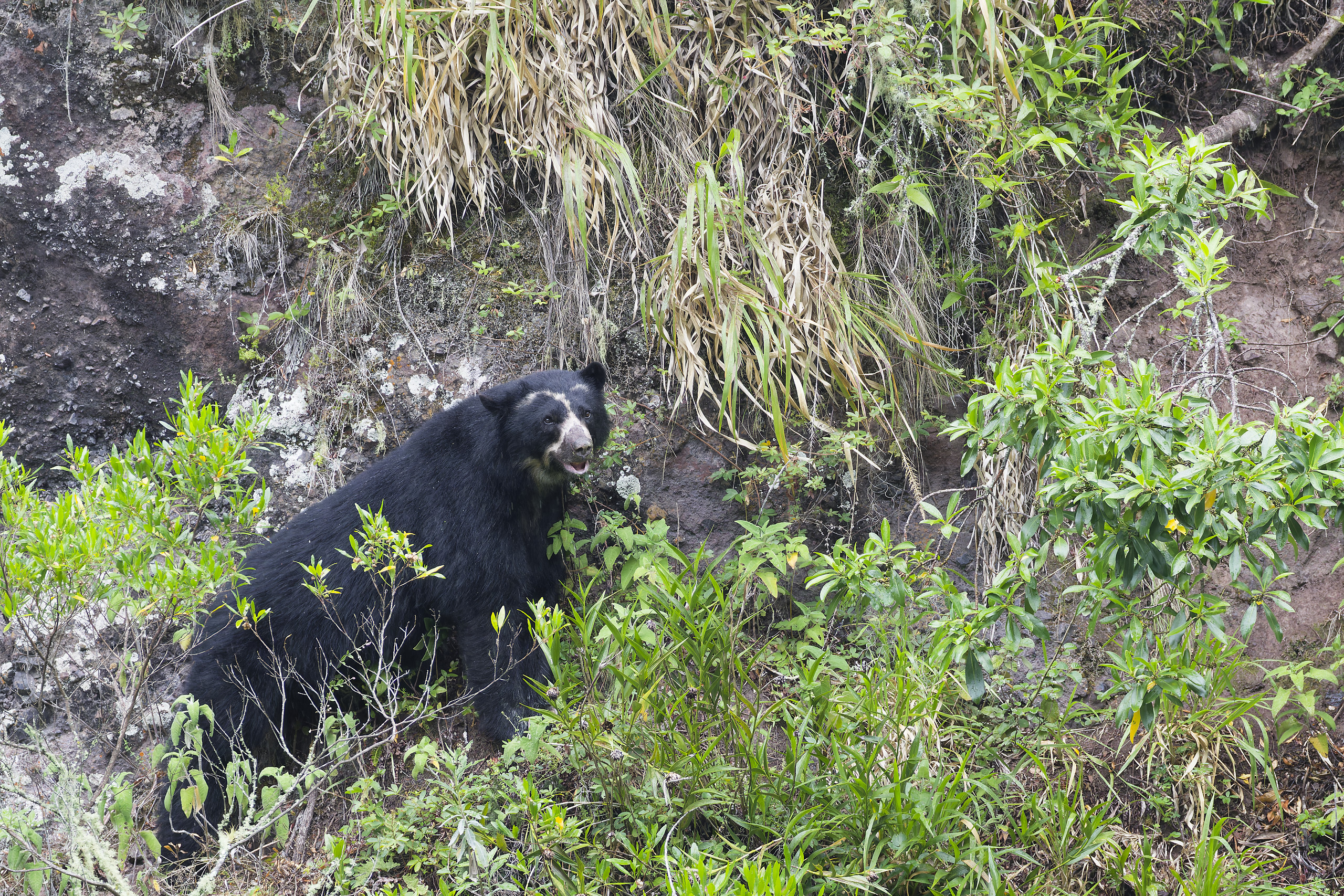
Spectacled bear
Not all American bears are big bulky grizzlies. In South America, you would find small bears (said to be “spectacled” because of the white drawings on their faces) who weigh only a bit more than 100 kg and eat mostly fruit (they love figs and avocados) while avoiding human beings as much as possible. Spectacled…
-
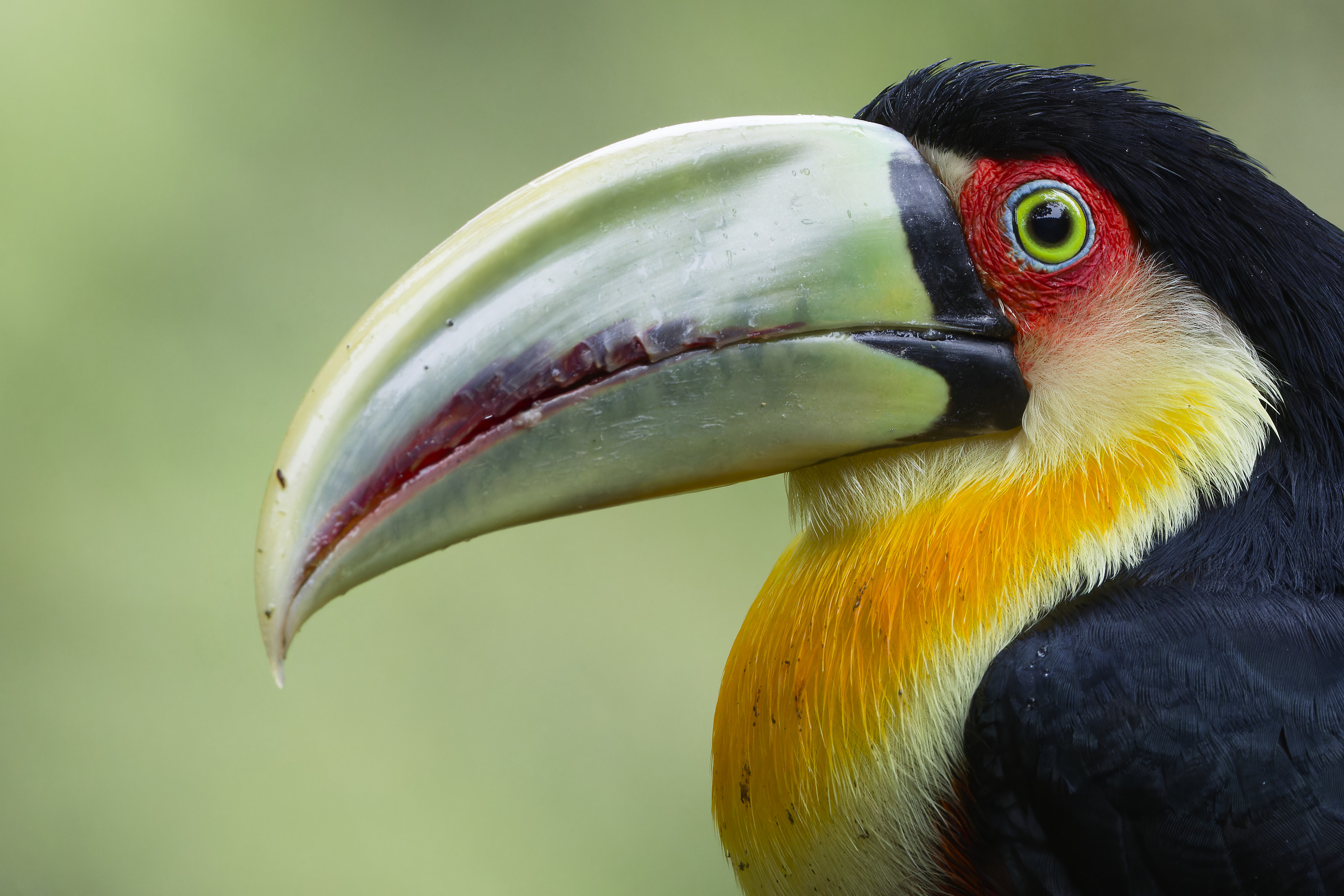
Brazil 2023 – Toucans
What bird could be more emblematic of South America than the toucan. Madly colored, with a beak you’d believe prohibits flight, you can’t miss this family of birds. Brazil, August 2023.
-
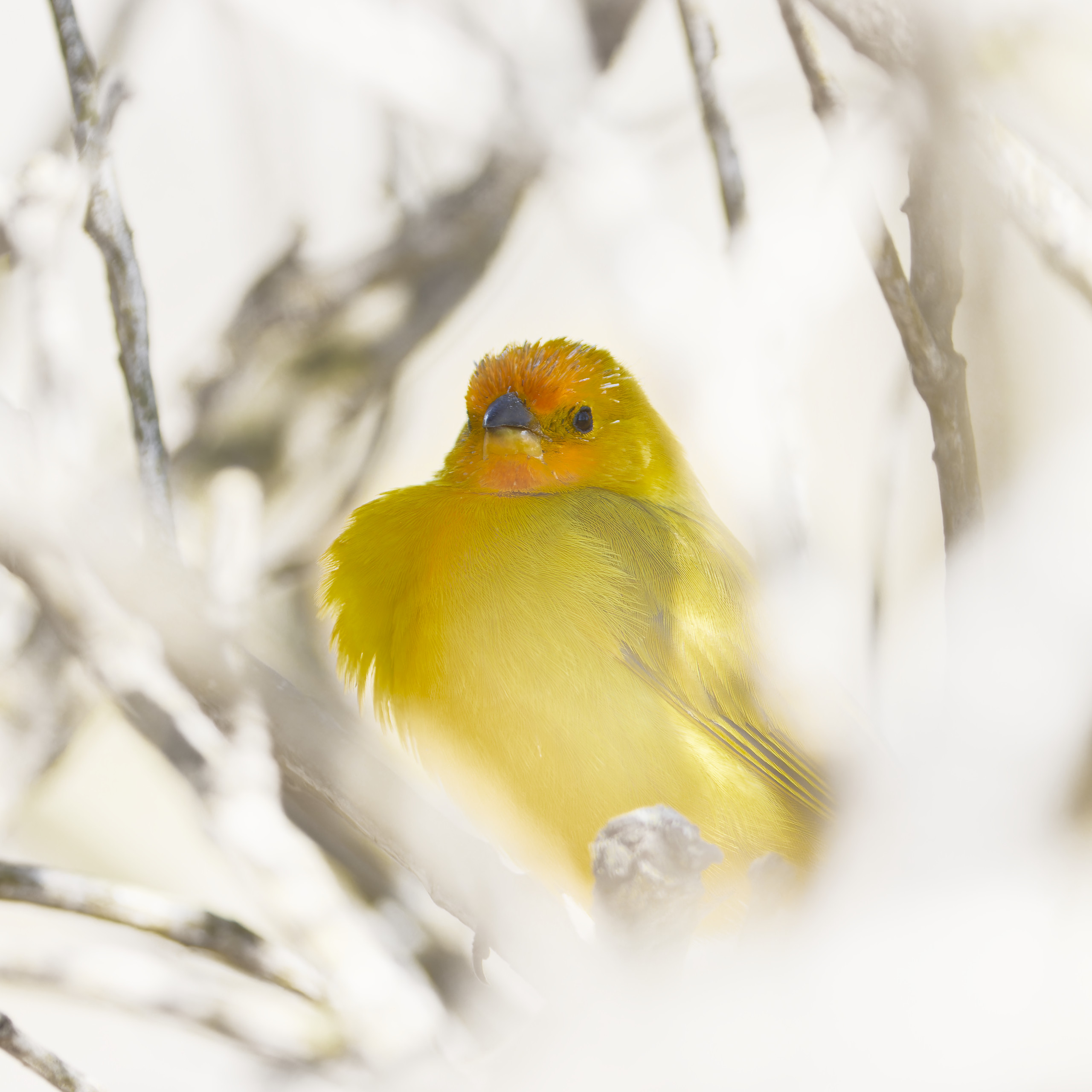
Saffron finch, all in white
Saffron finch, Sicale bouton d’or (Sicalis flaveola)Brazil, August 2023. While working on some pictures taken last year in Brazil, I stopped on this nice little saffron finch I caught in a tree along a nice little river. It reminded me that I had not mentioned my portfolio, “Blanc, c’est blanc” (White is all), for a…
-
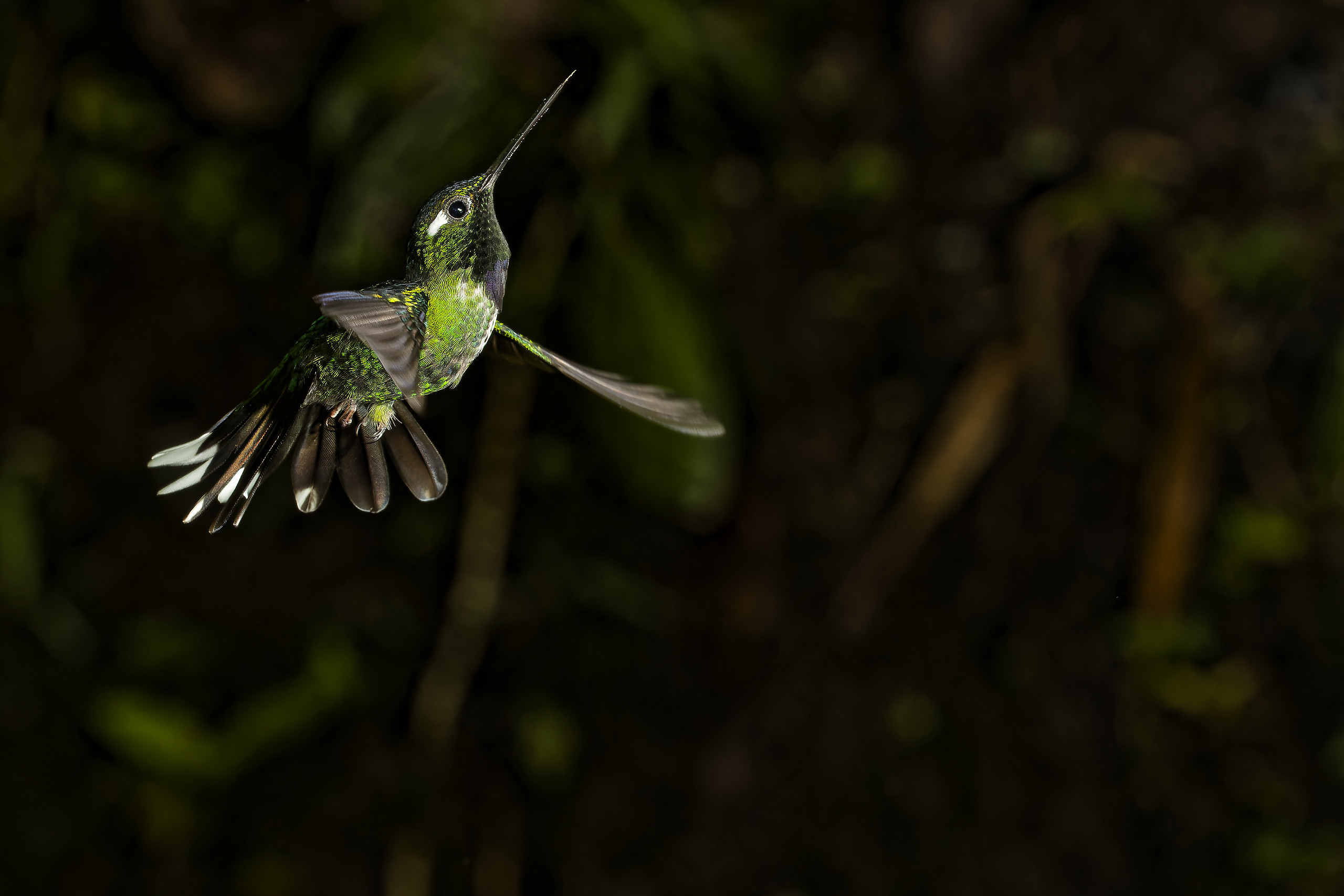
New hummingbirds
After a recent trip to Ecuado, I had the possibility of enriching my collection of hummingbirds. All my new hummingbirds are here: https://photo.roumazeilles.net/tous-les-portfolios/colibris/ I love these small (or tiny, rather) birds. Colors, shiny feathers, high speed make them adorable and excellent subjects for photography. Truly fascinating…
-
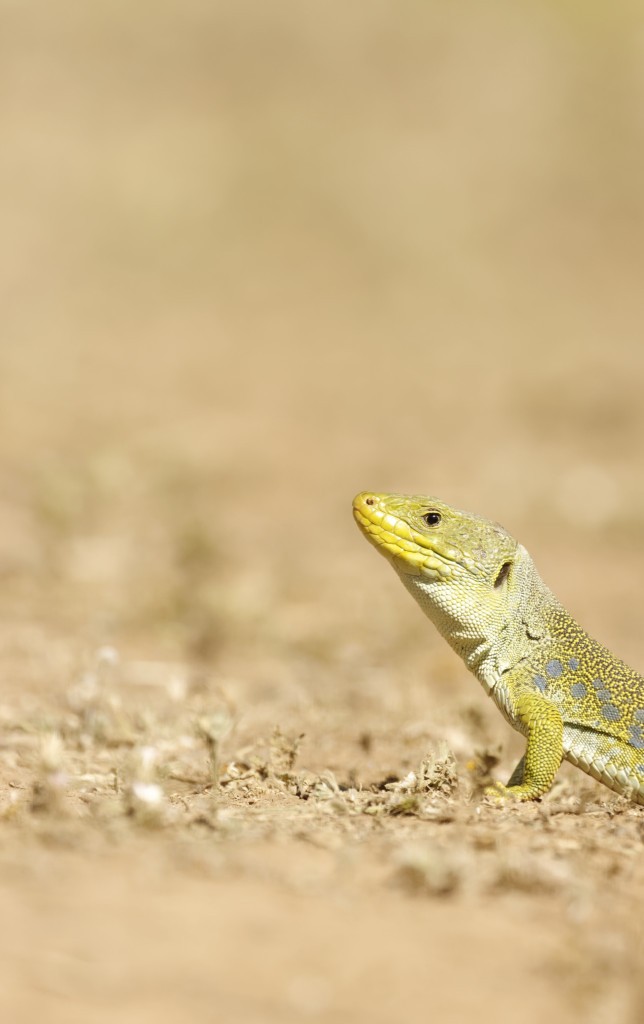
Ocellated lizard
Ocellated lizard, Lézard ocellé (Timon lepidus)Spain, May 2021.
-
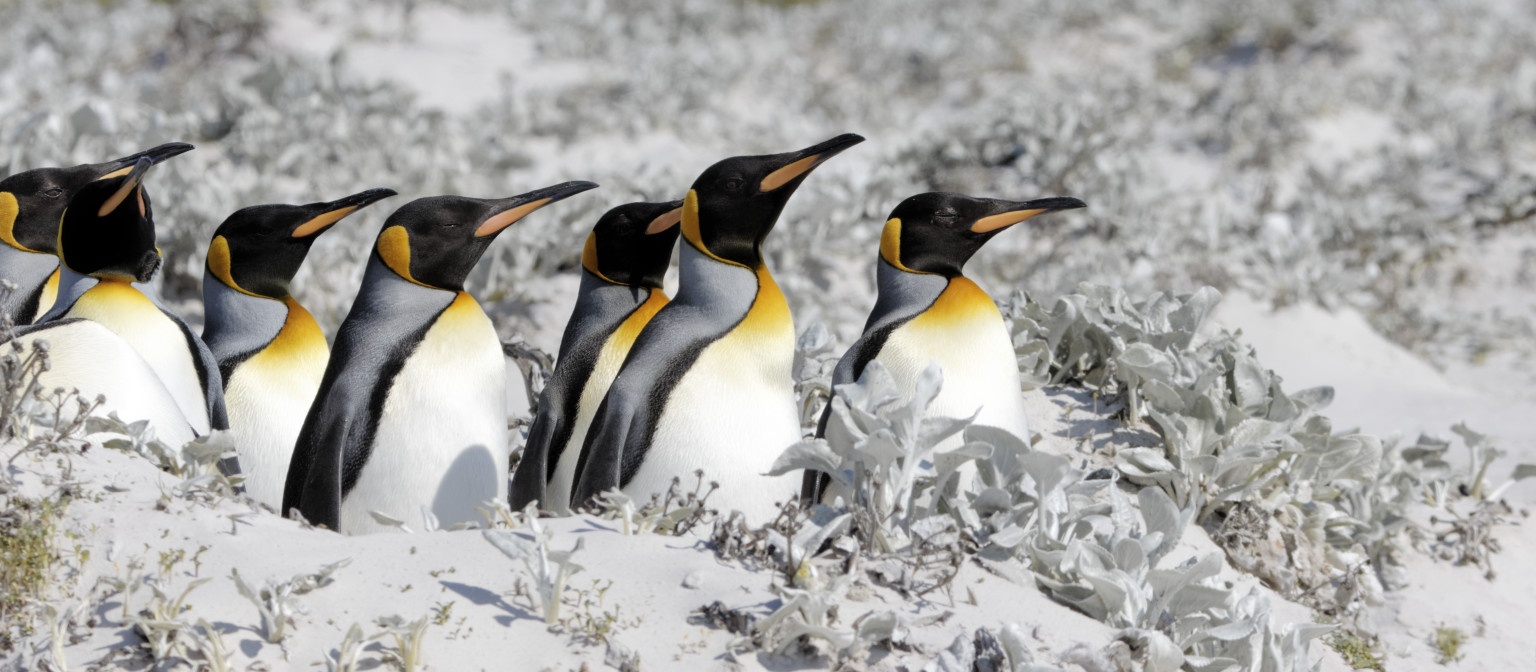
My own preferred photos: Wild focus
I know that publishing here on a more or less regular basis my new photos from my own adventures in the wild world is appreciated by some. But I am also asked to come back to older photos or to highlight some of the pictures I prefer. So, I decided to create a kind of…
-

Crinkle cranckle
Two images that I found both on the excellent TYWKIWDBI blog. You will notice that they are loosely related.